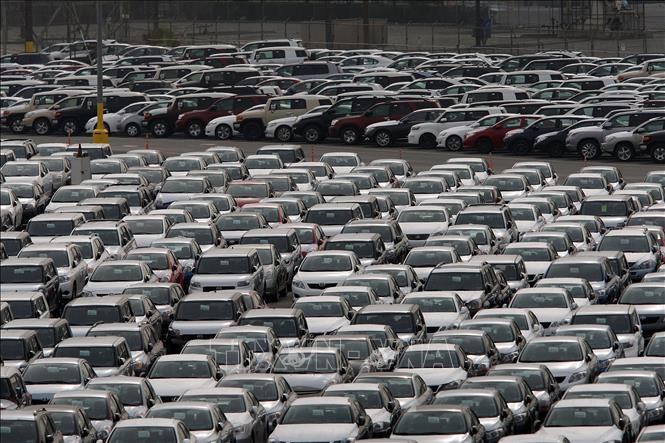
Price reduction in mid-range segment under 1 billion VND
According to Decree 73/2025/ND-CP amending and supplementing the preferential import tax rates (MFN) of a number of items in the preferential import tax schedule issued on March 31, 2025 and effective on the same day, the preferential import tax rates for a number of types of cars imported from countries belonging to the World Trade Organization (WTO), especially from the United States, are adjusted down significantly.
Specifically, Decree 73/2025/ND-CP reduces preferential import tax rates for automobiles with cylinder capacity from 1,500 cm³ to 3,000 cm³ under HS codes 8703.23.63 and 8703.23.57 from 64% to 50%; and automobiles with cylinder capacity over 3,000 cm³ under HS code 8703.24.51 from 45% to 32%.
With the above tax reduction, an industry expert said that for mid-range cars worth less than 1 billion VND, the price of the car will likely decrease slightly. However, for high-end cars with large cylinder capacity, the price of the car will likely not decrease, because the manufacturers will add equipment and accessories to increase the value of the car and not affect the psychology of customers who have bought the car.
In addition, the reduction of import tax is not the only factor affecting the selling price of cars, but there are also other costs such as exchange rates and special consumption tax. Currently, the special consumption tax for cars with cylinder capacity from 2,000 cm³ to 2,500 cm³ is at 50%, cars from 2,500 cm³ to 3,000 cm³ is at 60%. The special consumption tax rate in this segment is at a high level, so it is difficult for car prices to decrease.
Along with that are transportation costs and exchange rates: These are two important factors that affect the price of imported cars. If the exchange rate fluctuates or logistics costs increase, the price of the car may not decrease or even increase.
Meanwhile, Mr. Nguyen Phuc An, Director of Phu An Company, which specializes in imported cars, said that imported cars from the US have higher shipping costs than imported cars from ASEAN, so it will definitely affect retail prices. Along with that, the exchange rate is on the rise. If the USD/VND exchange rate increases, the price of imported cars may not decrease but even increase.
Car manufacturers and market reactions
Representatives of some imported car companies also said that instead of directly reducing prices, imported car models can be supplemented with modern technology to attract buyers and avoid affecting the psychology of those who have bought before.
In addition, manufacturers and dealers will focus on incentive programs or financial support to stimulate sales. Some common forms include supporting car loan interest rates to help customers access cars more easily, or giving free insurance or maintenance packages to help customers reduce car usage costs.
Experts also said that, in principle, reducing import tax will open up opportunities for consumers to own imported cars at better prices, but cars from the US market to Vietnam are not the majority and it is difficult to reduce taxes due to the above factors. Meanwhile, domestically produced and assembled cars are increasingly improved in quality and technological equipment and are being "supported" by lower VAT and special consumption tax. To compete, companies have also launched many promotional programs, reducing prices not only for domestically produced and assembled cars but also for imported cars in the region to stimulate consumer demand. Thanks to that, car prices have decreased from tens to hundreds of millions of VND.
According to 2024 data, Vietnam imported 173,561 complete cars, worth more than 3.6 billion USD, of which more than 90% came from countries with free trade agreements (FTA) such as Thailand and Indonesia, where import taxes were significantly lower than the MFN tax applied to cars imported from the US. Meanwhile, cars imported from the US only reached 654 units with a value of 23 million USD, mainly luxury cars with large cylinder capacity such as Ford Explorer, Jeep Wrangler, RAM 1500 or luxury cars of Lexus, Mercedes-Benz, BMW and Porsche.
Therefore, despite the tax reduction, popular car models with small cylinder capacity are converging most of the brands in Vietnam, while luxury cars with large cylinder capacity only account for a small number, so they do not have much impact on the domestic car market. However, in the coming time, the competition between imported cars and domestically produced cars will continue to increase, bringing more choices to Vietnamese customers.
Source: https://doanhnghiepvn.vn/kinh-te/giam-thue-nhap-khau-o-to-gia-xe-co-giam-manh/20250403070347693


![[Photo] General Secretary To Lam received the delegation attending the international conference on Vietnam studies](https://vphoto.vietnam.vn/thumb/1200x675/vietnam/resource/IMAGE/2025/10/26/1761456527874_a1-bnd-5260-7947-jpg.webp)
![[Photo] Nhan Dan Newspaper displays and solicits comments on the Draft Documents of the 14th National Party Congress](https://vphoto.vietnam.vn/thumb/1200x675/vietnam/resource/IMAGE/2025/10/26/1761470328996_ndo_br_bao-long-171-8916-jpg.webp)


![[Photo] Enjoy the Liuyang Fireworks Festival in Hunan, China](https://vphoto.vietnam.vn/thumb/1200x675/vietnam/resource/IMAGE/2025/10/26/1761463428882_ndo_br_02-1-my-1-jpg.webp)







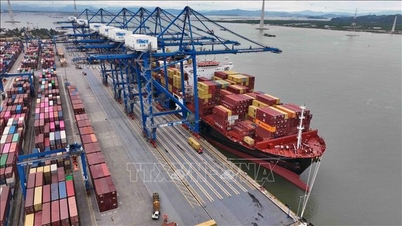








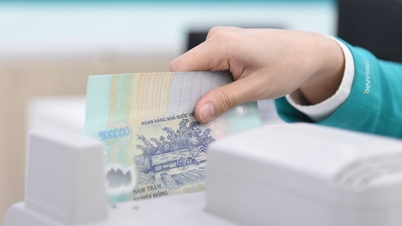




![[Photo] Prime Minister Pham Minh Chinh attends the opening of the 47th ASEAN Summit](https://vphoto.vietnam.vn/thumb/1200x675/vietnam/resource/IMAGE/2025/10/26/1761452925332_c2a-jpg.webp)







































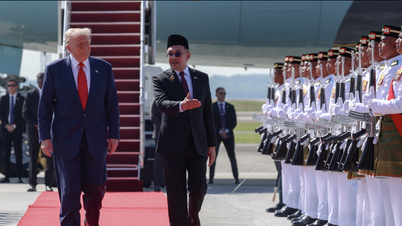

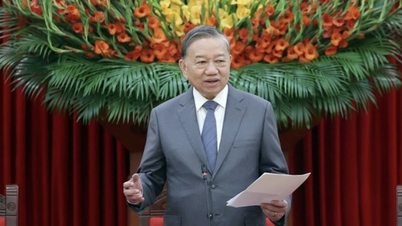



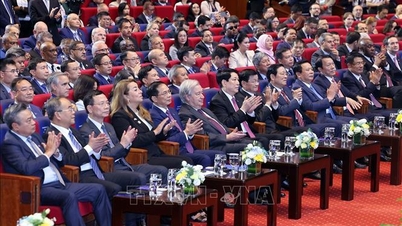

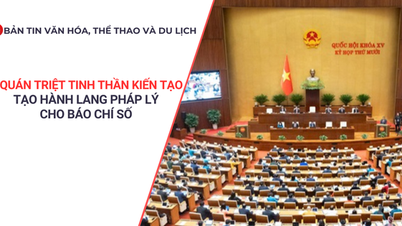



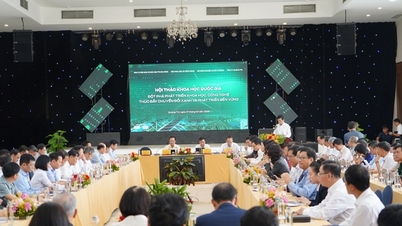





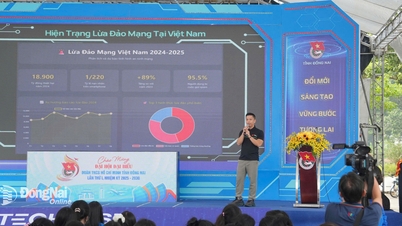

















Comment (0)